Khabar Khair (Only Good News) – Fatima Rashad
Improving livelihoods, financial independence, and self-development are all goals that push the Yemeni women to compete in the labor market, so they have emerged as a competitor and an influencer in small-scale entrepreneurship.
Entering the labor market does not necessarily mean the existence of a stable spatial environment, and it is not always required that those who wish to launch a business have a stable capital or a commercial record; there are those who were able to create their own business opportunity, according to their limited capabilities, and this is consistent with the ability of women to derive the necessities of life according to the environment around them.
With the dire economic effects of the conflict in Yemen, the entry of women into the labor market became clear, especially what can be called “home economy” and its link to securing middle and above-average incomes for families.
“Memo Cake” Home Project
“Memo Cake” is one of the food projects targeting the cake industry in particular, and what distinguishes the “Memo Cake” project from other similar projects is the accuracy and diversity in decorating and sculpting cake molds. As you look at the model in front of you, you cannot distinguish that this model is a cake mold made by creative fingers at home and not in a bakery equipped with special tools.
About the beginning of her project, Maryam Abdul Rehman Al-Jaafan says, “I started my project in 2014 AD, and my sister Wafaa had a private page on Facebook under the name “Wafa Cake”, in which she presented various cake molds, but she stopped that due to the family circumstances that forced her to travel outside Yemen.
Maryam continues, “My sister, Wafa, was my first supporter and she gave me experience in making cake molds. In addition to that, I benefited a lot from YouTube channels specialized in presenting the cake industry, and during the period in which I worked, there were not many competitors in this field, that is why I was distinguished in the field of cake decorating and making models, and this did not come out of nowhere, but it is the result of effort and work in which I chose to gain experience, training and exercising in this field and I continued to train for eight months”.
Al-Jaafan added, “From the art of cake-making, I moved to training, where I offered training courses in my home, and the number of trainees I accepted was no more than five trainees until the Life Makers Foundation invited me to present a training course. But, like others, I was affected by the conflict, so I stopped for a period of time”.
Jaafan stopped for a while due to the deterioration of the economy, which forced her to close the shop she opened with two of her friends, but she did not despair, so she returned to making cakes and offering training courses, but from home.
She added, “The cake shop, according to supply and demand, was successful, but the economic conditions and the high prices of raw materials, in addition to the power outage, negatively affected my ability to manage the shop, so I was forced to shut it down”.
And about talent and its connection to any project, Jaafan says, “I entered the field of cake decorating because it is associated with plastic arts, especially models, so I took the first step in making models from cake”.
Maryam expresses her happiness that she sees many successful projects in the manufacture of cake models, which were the first to train their owners.
She adds, “Stops and obstacles do not mean that a person ends his talent and stops producing and working”. That is why Maryam still works at home and markets the cake making work on her Facebook page.
A Heritage of Ropes
From the decorative ropes, Maysa Salem Saadallah creates her own traditional handicrafts, making baskets that carry traditional touches.
Maysa (Accounting graduate) says, “I worked as a volunteer in an organization and through the various courses organized by this organization, I gained integrated knowledge about recycling ropes and making incense and perfumes”.
She adds, “The ropes-crafts are what attracted me, especially the heritage ones. At the beginning of my project, I did not find the enthusiasm that encouraged me to continue, but I did not stop or despair and continued to promote the project of incense, luban and oud, in addition to my project in heritage works”.
Supporting the Rural Women in the Labor Market
Fathia Arshad (representative of Yemeni Businesswomen Pioneers) spoke about the role of the Rural Women’s Association in stimulating the women to invest, saying, “Recently, civil society organizations have been interested in projects implemented by women at home, especially those related to food industries, and in the Rural Women’s Development Association, we are targeting women who provide home food vending projects”.
And she added, “Our work is to train and develop women currencies in this field, and raise their productivity level, as they are considered investment opportunities that can be developed and expanded. We have contact with the “ADRA” organization that supports women, and we have targeted approximately 322 women and provided them with the necessary training in partnership with the Red Cross”.
Arshad said, “Our goal is to empower women, especially rural ones, as we have opened several centers in Lahj governorate to meet the needs of rural women, as we rehabilitate them and create job opportunities for them from within their homes”.
Arshad added, “The problem of marketing rural women’s products remains the obstacle to delivering these products to the largest number of consumers, as some of them do not have a clear idea of E-marketing, which will help them promote their products on the one hand and introduce them on the other hand, which opens wider doors for them to develop and finance their projects. We are trying to provide them with the necessary support and training that will enable them to enter the labor market according to their available capabilities”.
Belqis Al-Sharabi (an agricultural engineer who trains rural women in the field of food industries, especially dairy products in the Rural Women’s Society) said, “We offer courses that enable rural women to enter the labor market and improve their income by providing various home courses”.
Gory Project for Printing
Marwa started her project by printing on cups, t-shirts, various personal cards, business cards and wedding invitations, in addition to designing various distributions for parties, weddings, childbirth and Eid occasions.
Marwa says, “I chose this project two years ago because I love design and the uniqueness of the new ideas that I present to the clients. In addition, this project opened a door to livelihood and helped me get to know and communicate with different segments of society”.
Marwa did not find the support that would enable her to develop her project, and like any other project owner in Yemen, Marwa faces difficulties, most notably the limited capital and the interruption or lack of electricity that hinders her fulfillment of some requests. Marwa aspires to own her own printing press, and to become an entrepreneur with a large share in the marketing of printing raw materials.
Thousands of Yemeni women own their own projects, which often falter for various reasons, and this negatively reflects on their sustainability, so it is imperative for the concerned authorities from the local authority and civil society organizations to support these projects and work to provide what is necessary to develop them, and help in the search for marketing mechanisms and providing them with points of sale.

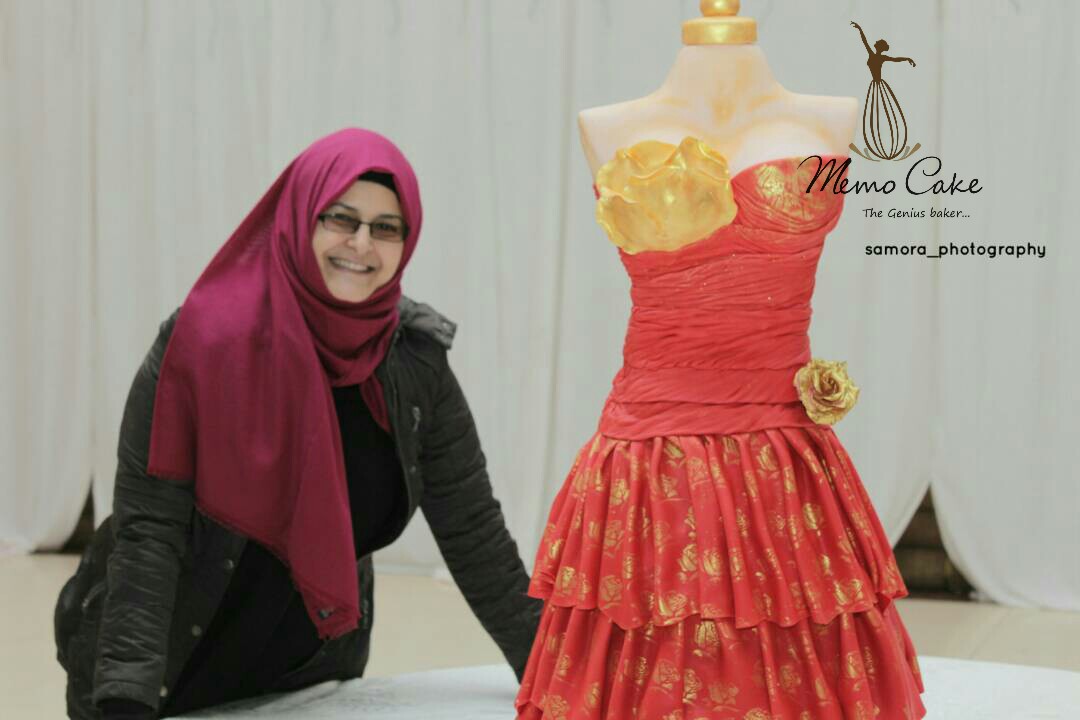
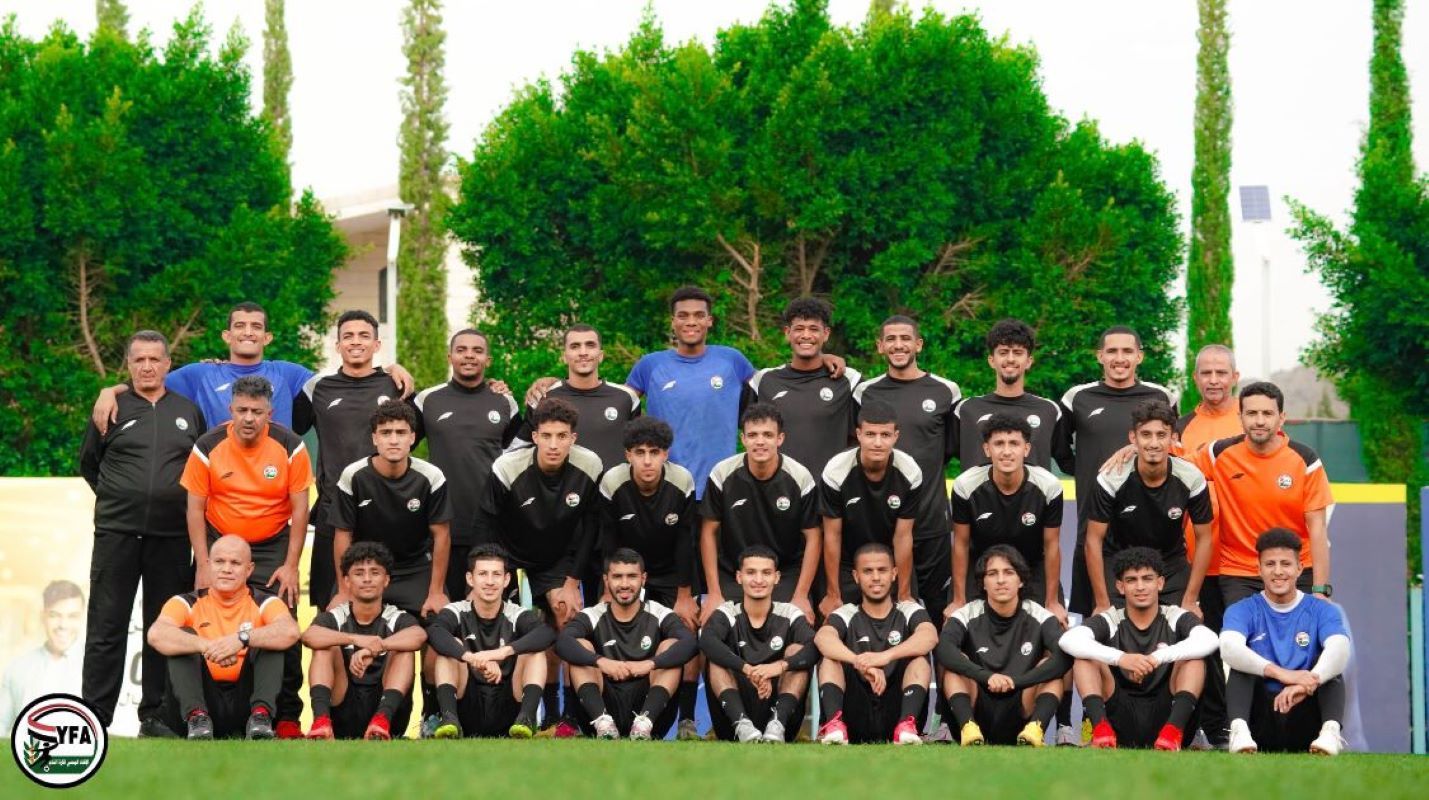
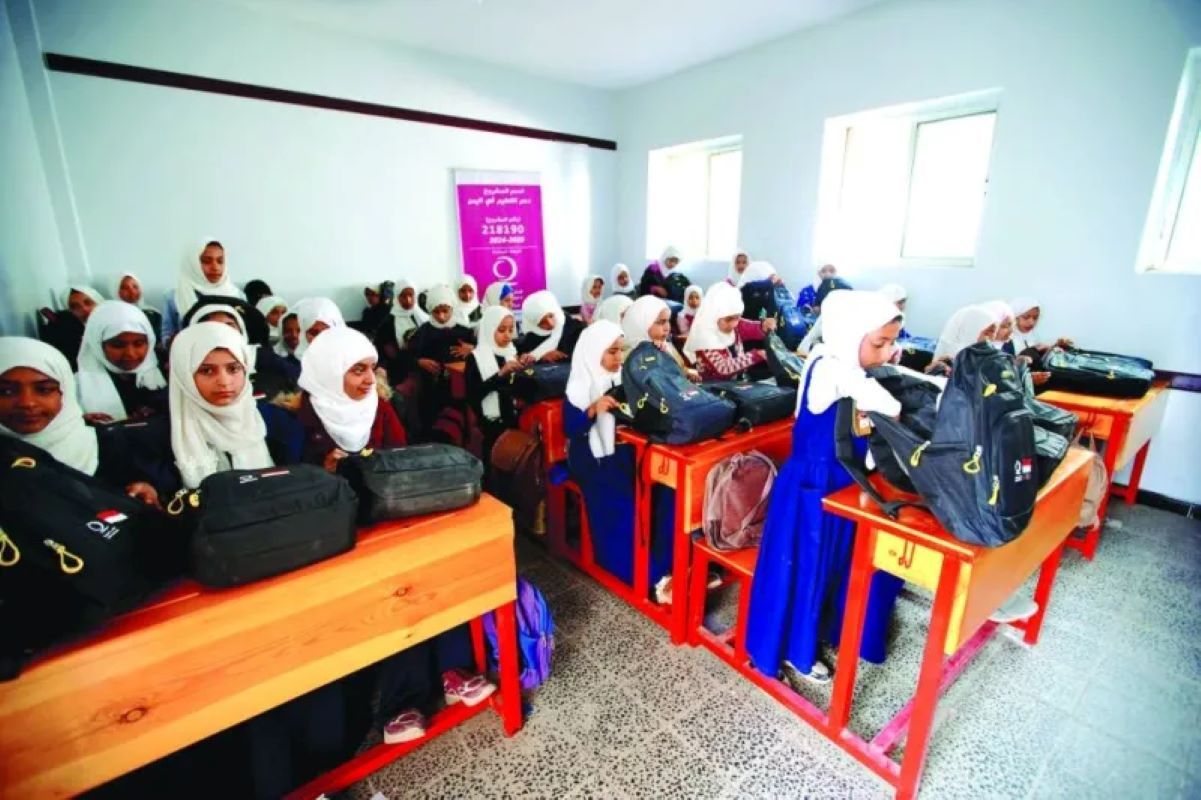
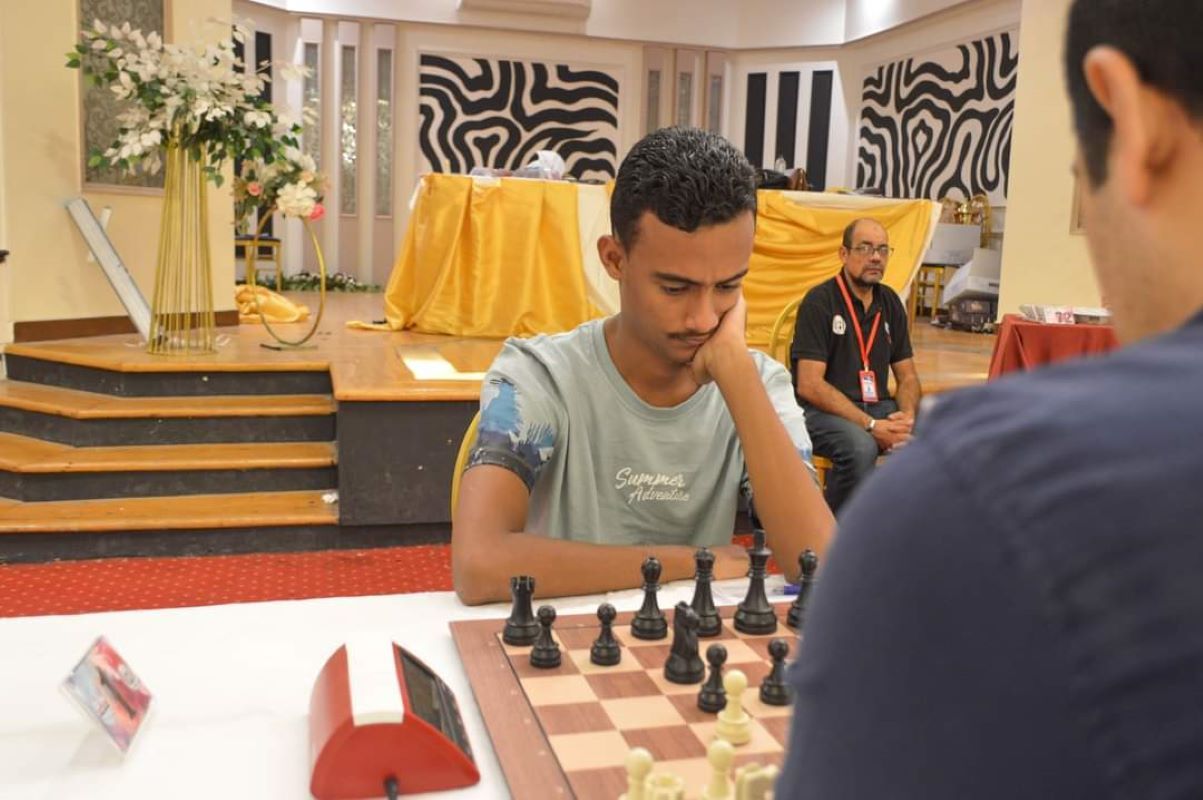
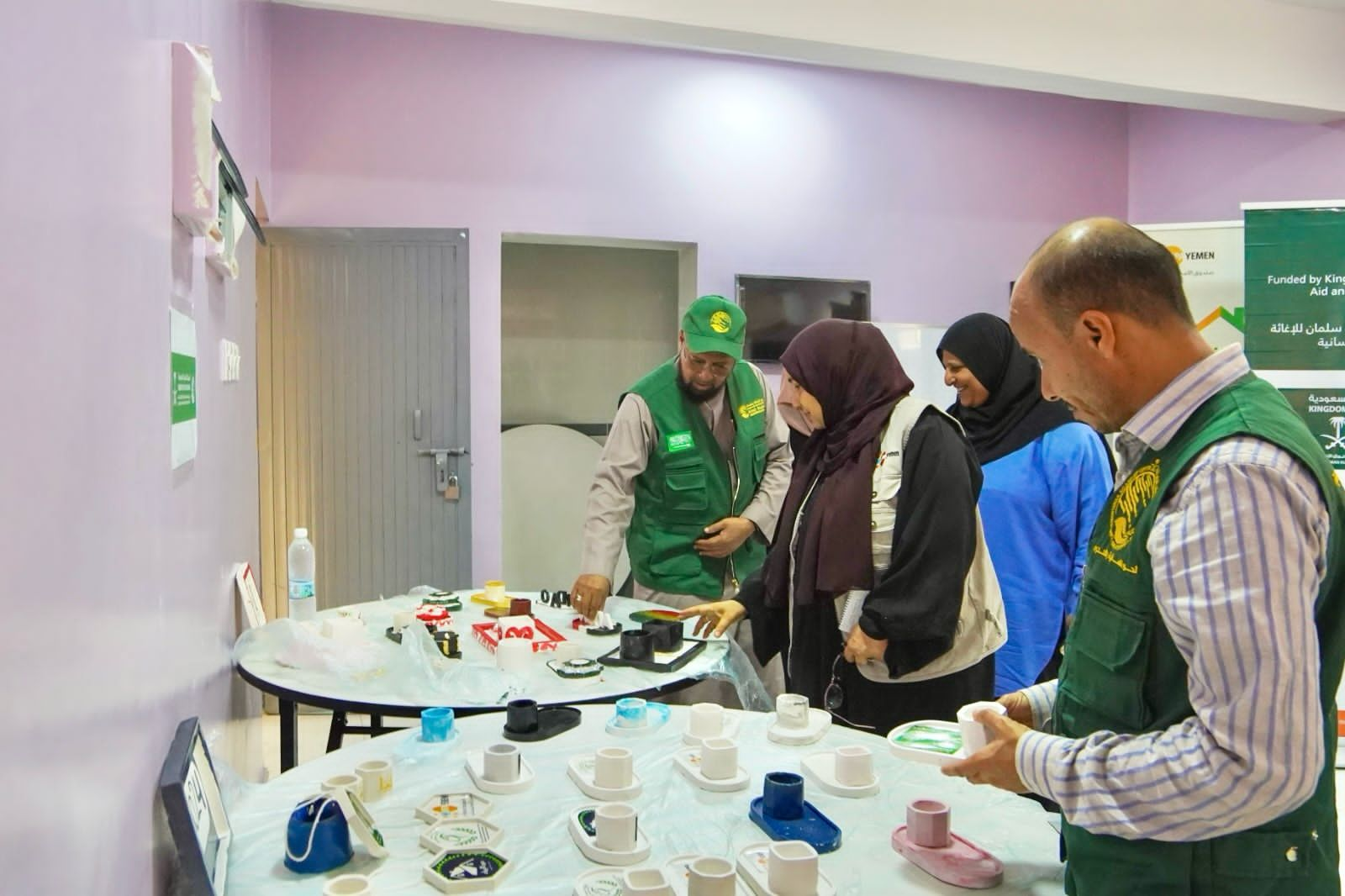
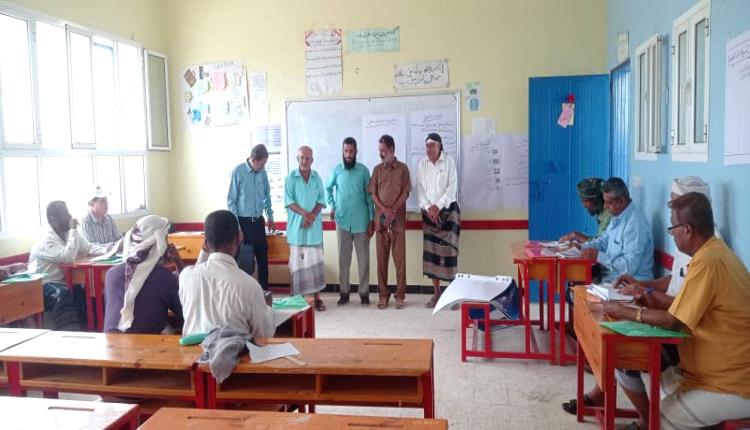
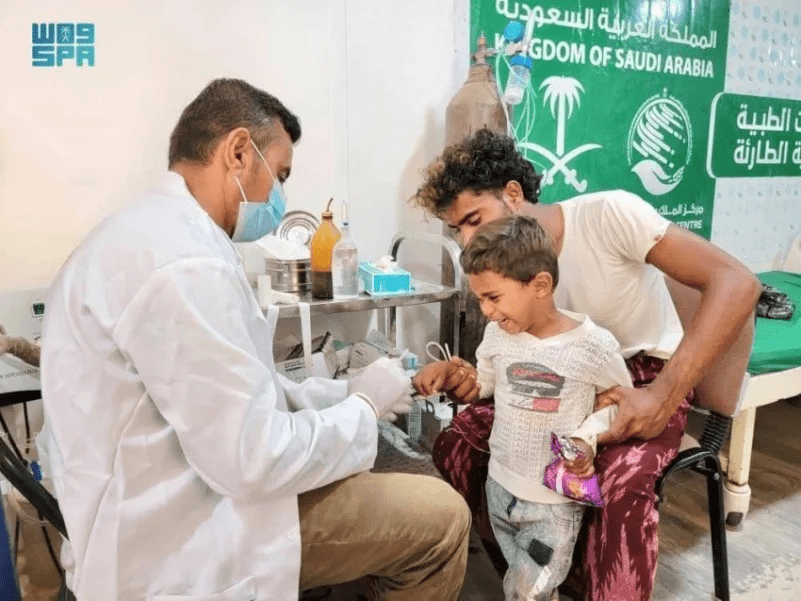

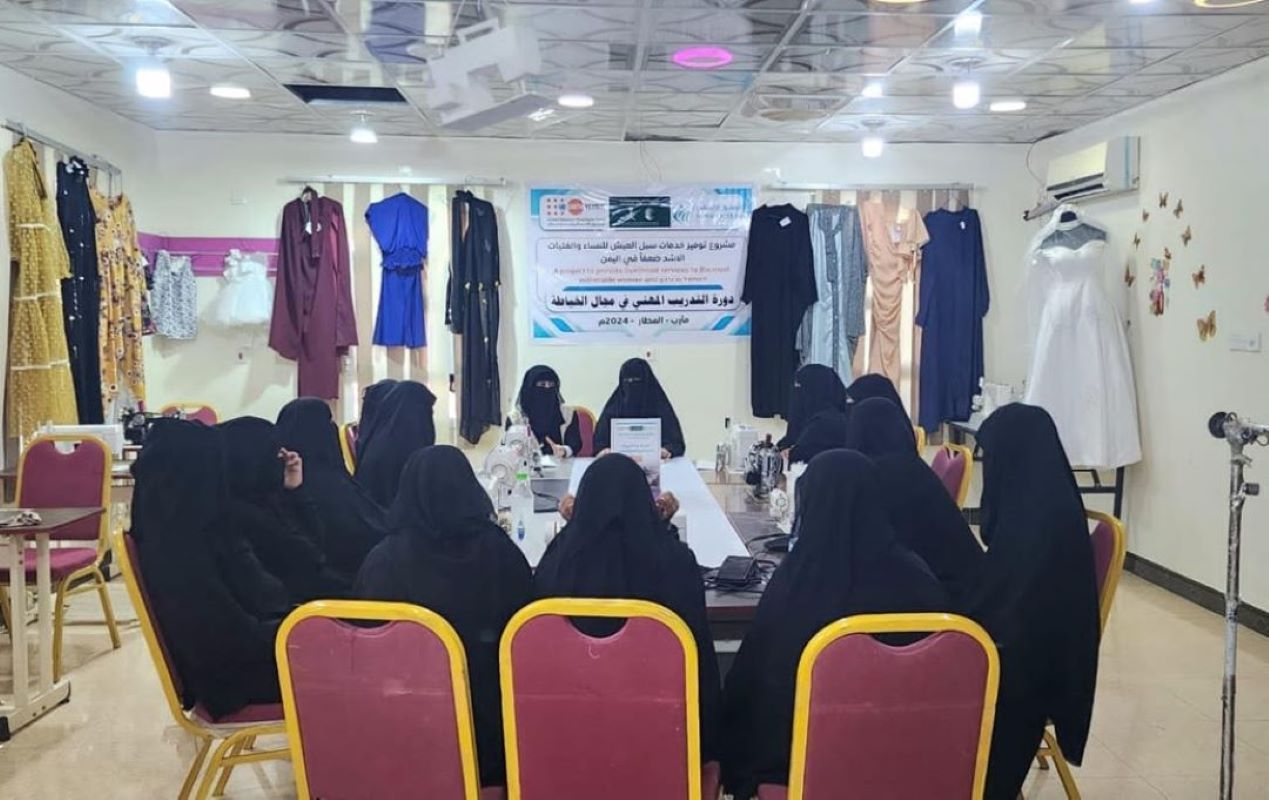
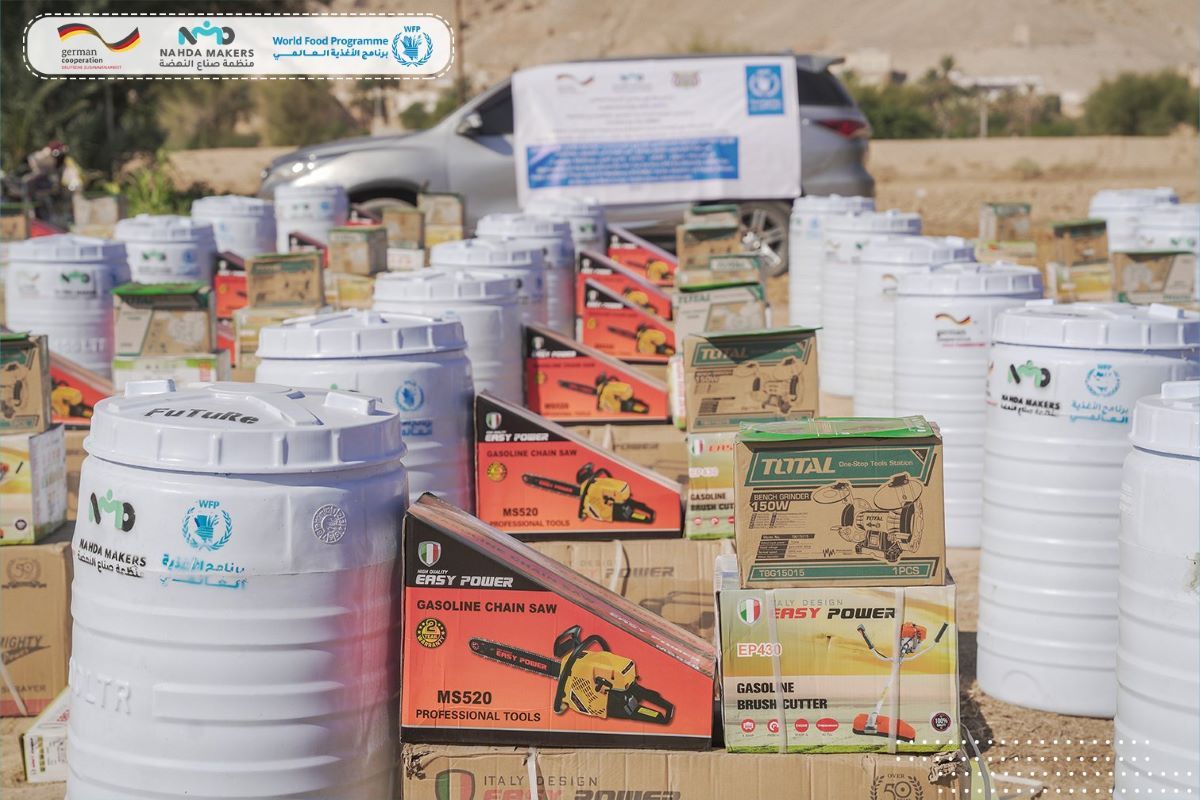
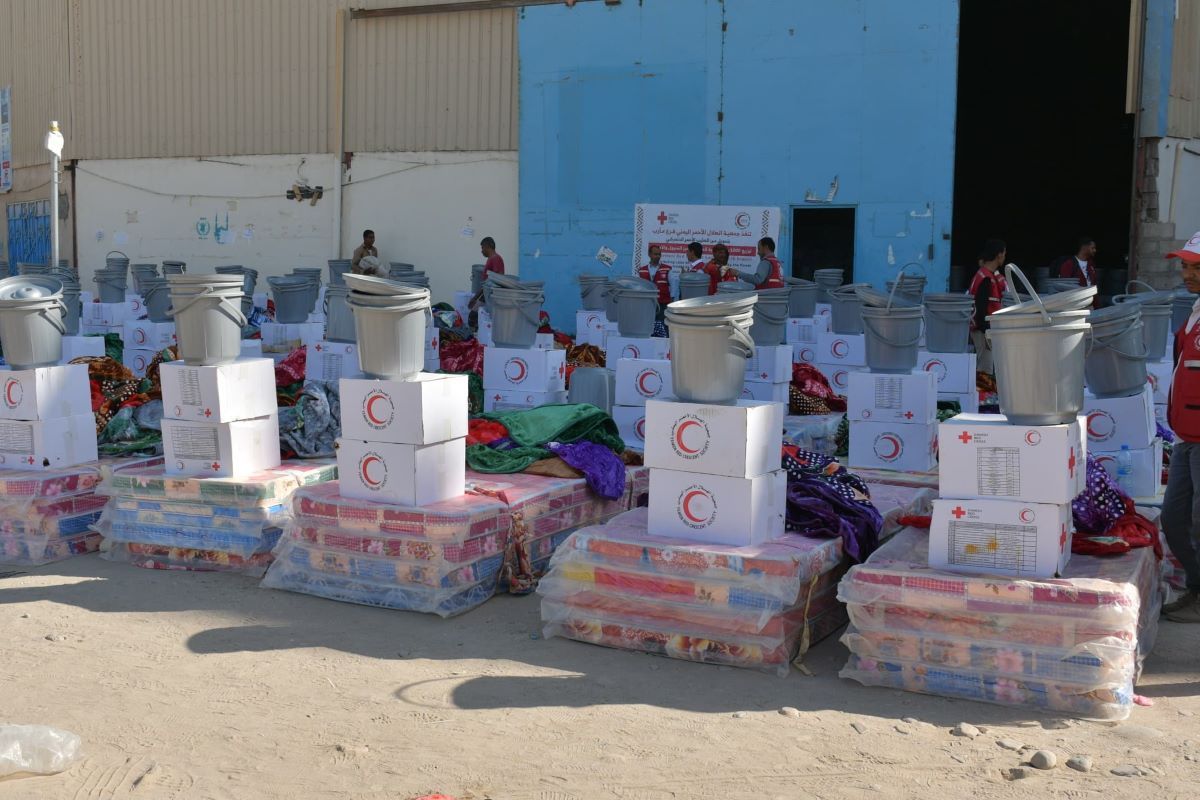
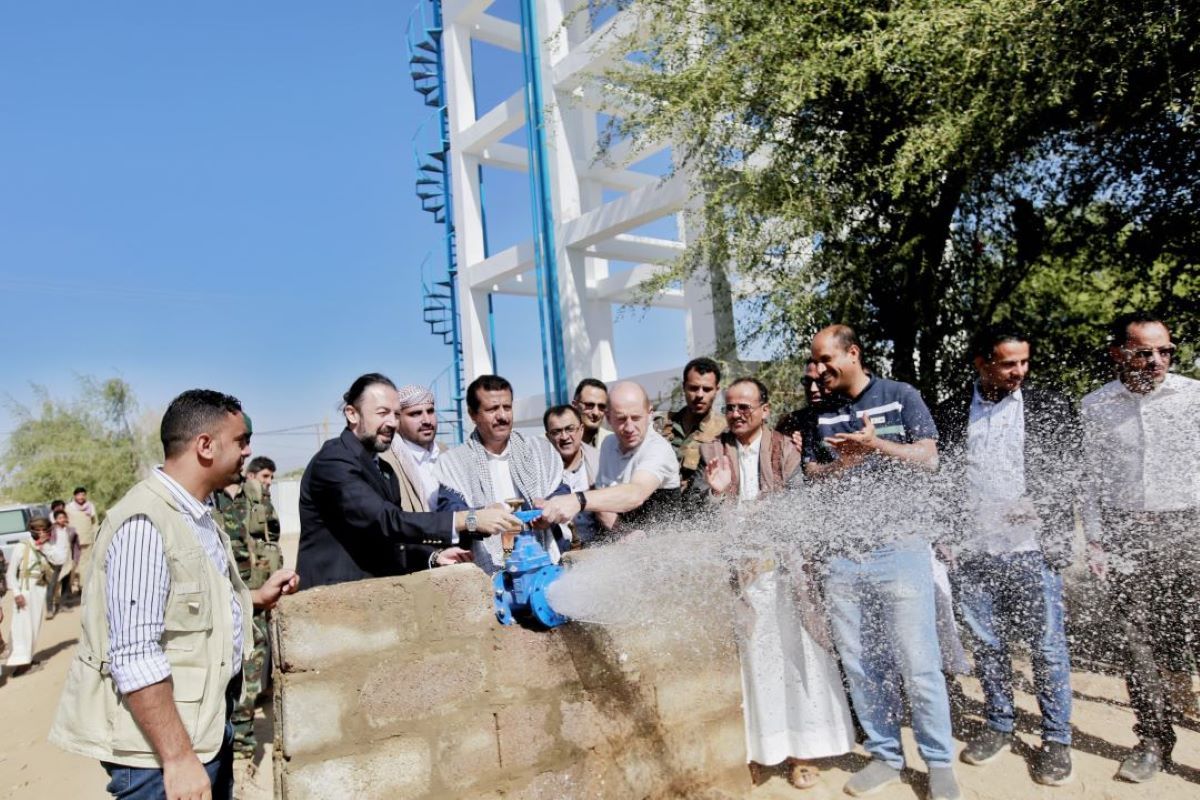
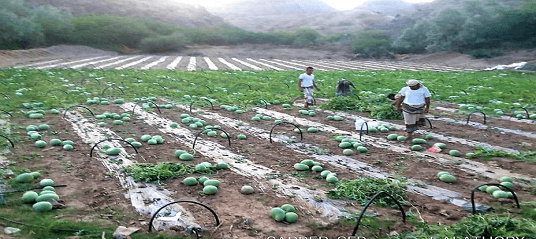
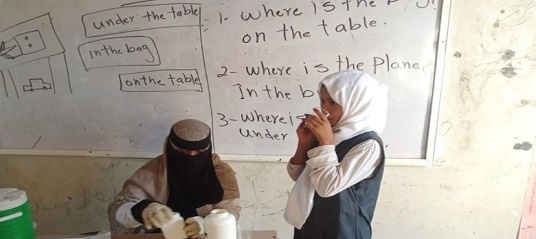
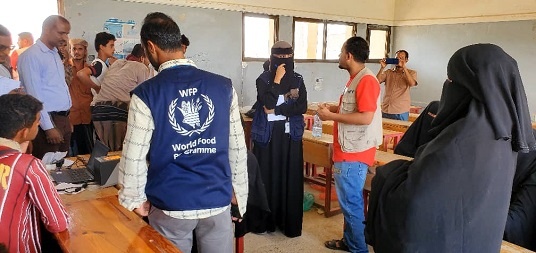
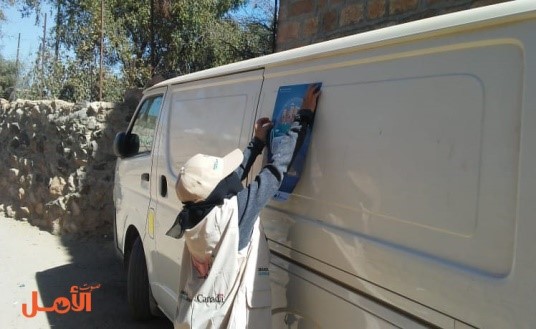
LEAVE A COMMENT